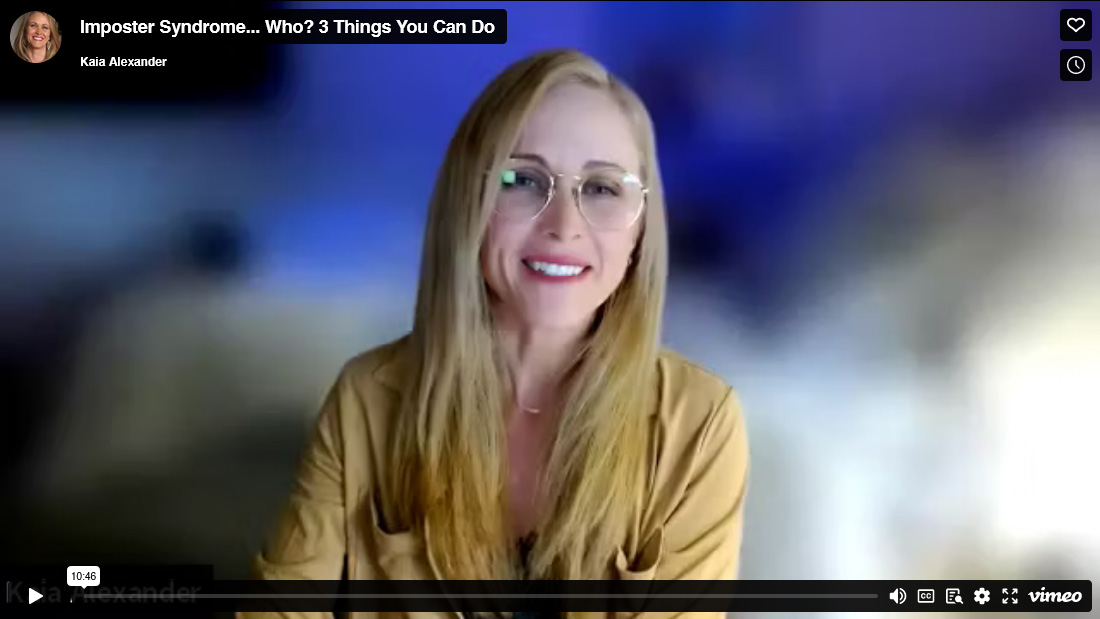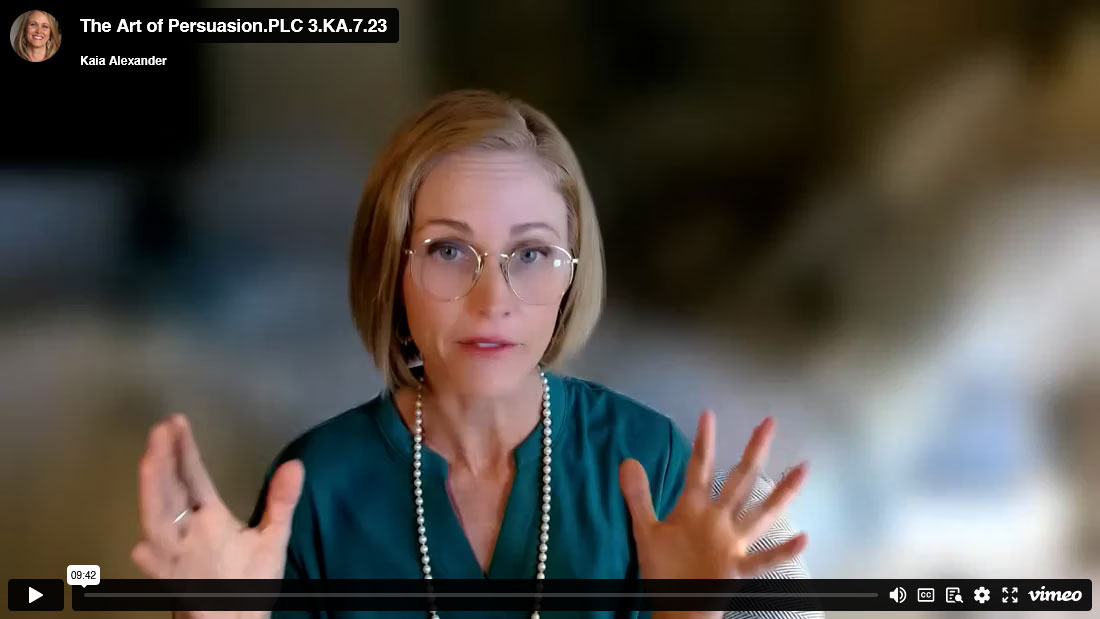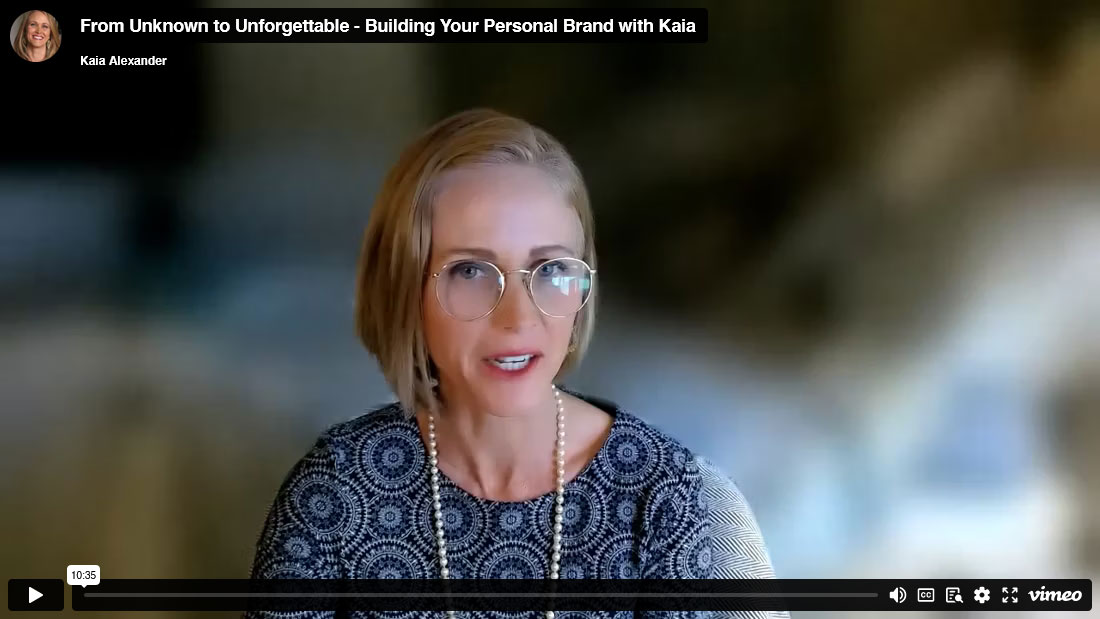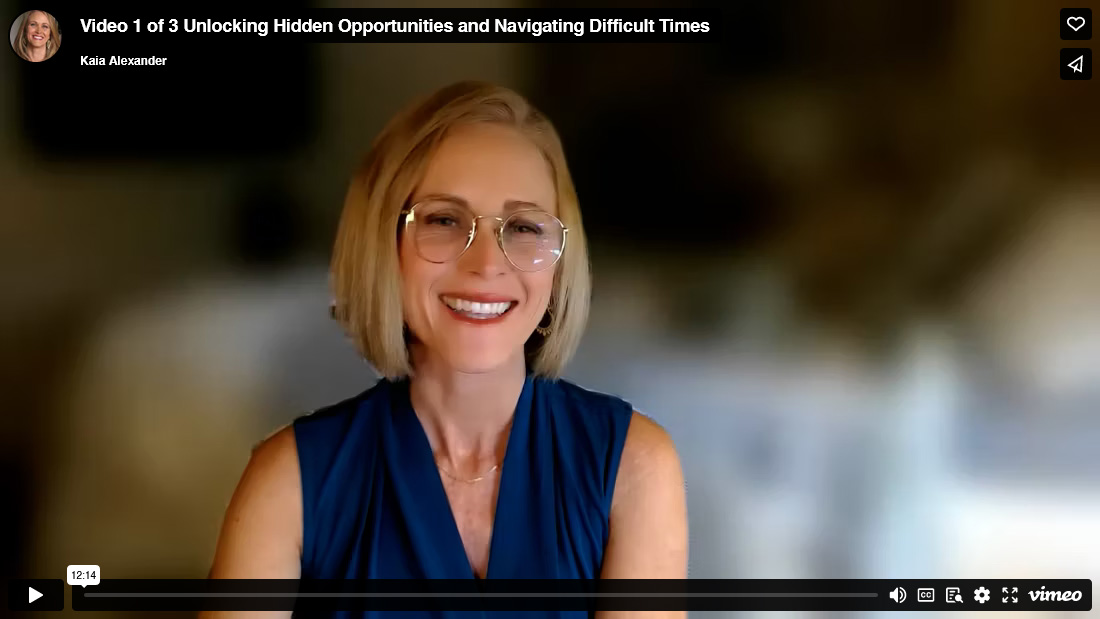
Imposter Syndrome… Who? 3 Things You Can Do
by Entertainment Business School founder, Kaia Alexander
***
SPECIAL ANNOUNCEMENT
I’m giving you all this free content in the month of July during the open enrollment of the Entertainment Business School. Our last 2022 session starts August 1st. Open enrollment ENDS on July 24th! Business is something you can always get better at. See the syllabus and more about the wolf pack:
***
I’ll never forget the first time I talked to someone who told me about imposter syndrome. I’d run into a friend at the coffee shop in Topanga Canyon near my house, the day after he’d won the Academy Award for best original screenplay.
I gave him a congratulatory hug, and I gushed of course because that’s what one does when one’s friend wins an Oscar! Only he remained quiet, his eyes full of… could that be tears? Of joy, surely?
We sat down to drink our cappuccinos, and I asked him how he was feeling. He didn’t really look that okay, but I assumed it was because of the drunken reverie he must have enjoyed the night before, and the hangover that was probably pounding away inside his skull.
“I’ll tell you the truth because I trust you,” he confided. “I feel like someone is going to drive up to my house any second and take my Oscar away. Like there was a mistake, and surely they WILL find out, it’s just me, and there’s no way I deserve this. Kaia, I’ve always had imposter syndrome, but never this bad.”
Imposter syndrome. It’s a psychological pattern that can cause feelings of self-doubt or fear of being exposed or perceived as a fraud. 70% of us will have it at some point in our lives.
The very successful among us often have it. As do those who never even take their shot at success because their imposter syndrome stops them in their tracks.
If you don’t believe me, allow me to add that many of the most successful people I know in the entertainment business keep their Emmys and Oscars in some very strange places: the kitchen cupboard, the closet, a shelf in the garage, on the floor behind their desk, in some room in their house they never go in… in fact I’d say it’s more unusual when I go to someone’s home and see their Oscar displayed on the mantel.
Why did I assume everyone would just embrace winning? Doesn’t it seem like if you finally WON, that it would kick your imposter syndrome in the ass once and for all so you could be done with it? Apparently, that’s not the case for so many.
This goes pretty deep for creatives.
On the other side of the spectrum, I coach writers and directors and execs. Many of whom are newly on their career paths. And they run into the same imposter syndrome, just at a different career stage.
And it comes with an inner voice that says stuff like:
- My family doesn’t ever succeed, so I can’t possibly succeed or outshine them, I’m just like them really, and the whole world is bound to find out.
- Maybe my last script was great, but the new one is shit.
- Why would anyone trust that I’m good enough to do this job? It’s only a matter of time before they find out the truth.
- I’m just not good enough to cut it.
- If anyone really saw me, they’d see I’m a total fraud.
- I don’t want to risk doing my art, because people will find out I’m really not good enough, because I’m ___fill in the blank___.
Anyone can have imposter syndrome, at every level of accomplishment. It can strike at anytime.
Art is by nature, a vulnerable form of expression, whether you’re an actor, writer, painter, director or anyone else who puts their art out into the world to be celebrated and criticized in equal measure.
However…
…What anyone says about your art, doesn’t matter. Yes, it’s nice when they love it, and it sucks when they hate it, but your innate value is not on the chopping block EVER.
And remembering that is a practice. Imposter syndrome can come from family of origin, from voices of your parents or past, or teachers, people who you looked up to who said you didn’t have what it takes.
Here are 3 steps you can take to unmask your imposter syndrome, and make it take a back seat to living your best, most authentically expressed self.
1)Listen to your self talk.
and question that imposter syndrome voice when it arises. Negative self talk can create feelings of self-doubt and paralysis. It’s okay to say to that voice, I hear you, and I choose not to believe you. I choose to value my self-expression more than any self-doubt I may have. I can do my art anyway. No one can give or takeaway my self-expression but me.
2)Stop comparing yourself to others.
The human tendency is to always try to figure out where we stack up. And it can be addictive. The problem is, you’ll never come out ahead all the time. Sometimes you’ll be on top, and sometimes you’ll be on bottom. Comparing yourself is NOT the same thing as healthy competition. Comparing yourself is a surefire way to feel like you’re not good enough. Or if you are good enough, it’s only a matter of time before people find out the real truth about you- that you’re a fraud. Shakespeare wrote, “Comparisons are odious.” That means they stink. Get off the comparison merry-go-round and substitute that thinking for some positive affirmations: I’m just a human being, I am worthy, I am complete, I give myself permission to succeed and fail in equal measure.
3)Ask for help.
Lone-wolf syndrome is closely tied to imposter syndrome. That’s the voice inside you that says, “My success only counts if I do it all by myself”. Lone-wolf syndrome just keeps us lonely, and struggling up the mountain. In the entertainment business, projects happen because whole teams come together to contribute their best work. Your best work is supported by the best work of others.
Become a team leader. Become someone who acknowledges the hard work of others. It literally short-circuits your imposter syndrome to celebrate the work of others. You start to realize that your value runs much deeper than this project, or this film, or this script. Talk about your imposter syndrome. Shining a light on it almost always dissipates the feeling. You’ll find nearly everyone else on your team has it, too!
That Oscar-winning friend of mine did me a huge service that day. I understood for the first time that I too struggled with imposter syndrome. And I had a friend who knew just what that was like. And we could talk about it together.
So to recap:
This is mindset stuff they don’t teach you in film school. Knowledge is power! Get the knowledge. I want this for you. Consider me your trusted source for your entertainment business career breakthroughs.
I’m giving you all this free content in the month of July during the open enrollment of the Entertainment Business School. Our next classes start August 1st. If you’d like to look at the syllabus and get a sense of what you’d learn from me there, head over to
Stay tuned for your next video in this series, where I continue to open the kimono on the entertainment business for you. Take advantage of this opportunity to learn all you can, and arm yourself with the tools and the knowledge to put rocket boosters under your career. And I hope you’ll apply for the Entertainment Business School, too!



